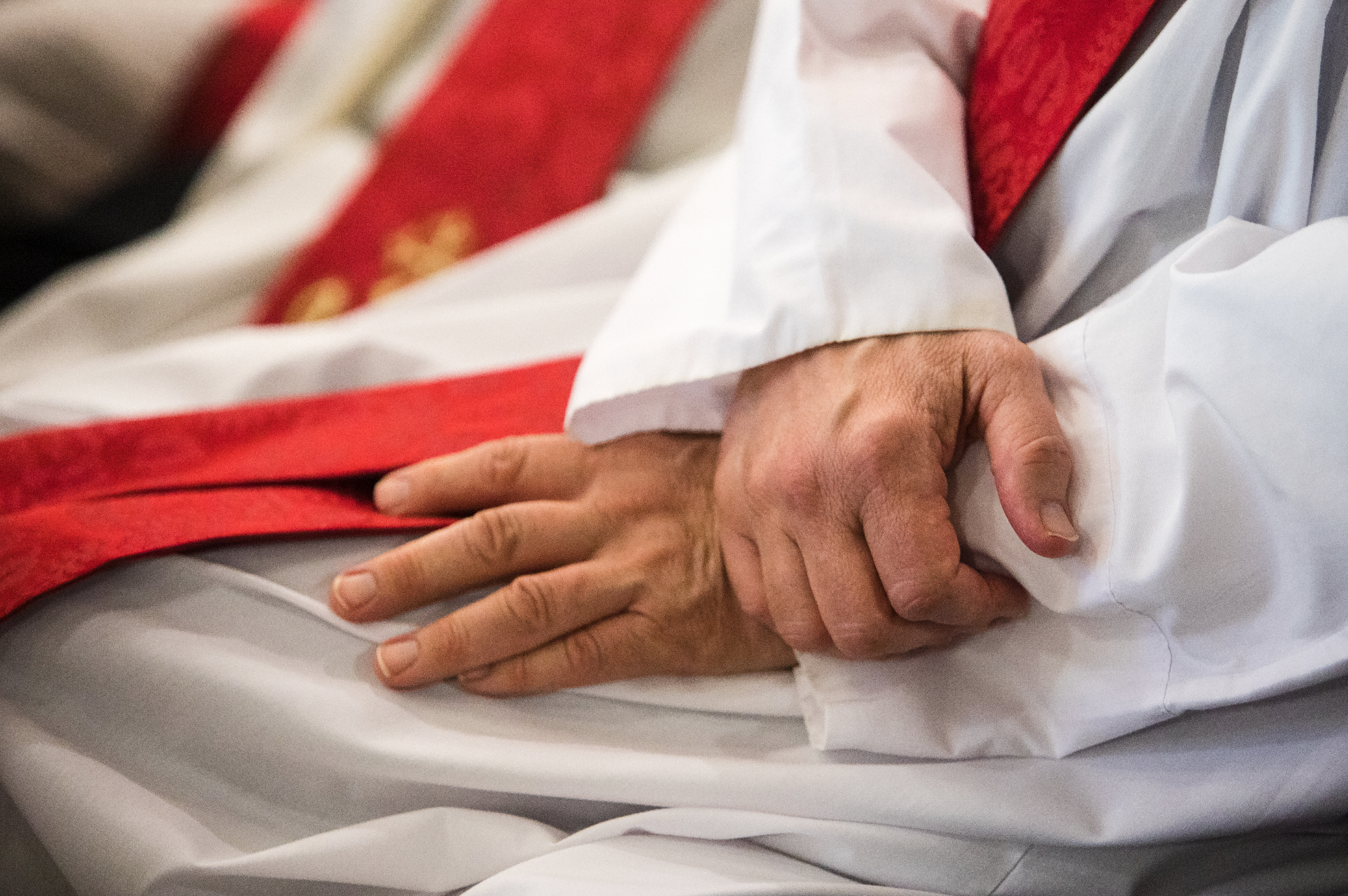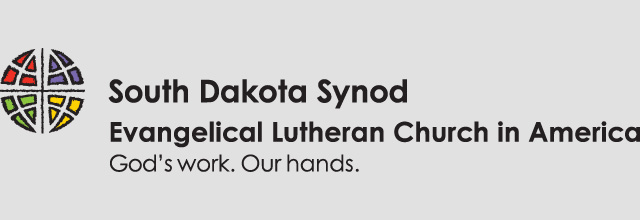
Information for Congregations in Call Process
The purpose of the Support to Ministries Committee of the South Dakota Synod is to walk with congregations as they begin, work through, and complete the search for new church leadership. The committee is represented by each of the seven conferences of the South Dakota Synod, one ordained and one lay representative from each conference.
Download the Call Process Booklet
Call Process Resources
2024 Compensation and Guidelines for Rostered Ministers (pdf)
Call Process Guide for Clergy (pdf)
Compensation-Calculator-Lay-Roster (xlsx)
Compensation-Calculator-No-Parsonage (xlsx)
Compensation-Calculator-with-Parsonage (xlsx)
Compensation and Benefits for a Pastor Form (pdf)
Compensation and Benefits for a Pastor Guide (pdf)
Compensation and Benefits for a Minister of Word and Service Form (pdf)
Compensation and Benefits for a Minister of Word and Service Guide (pdf)
Covenant For SAMs (pdf)
Definitions And Guidelines For Discipline 2021 (pdf)
Devotions For Congregations In Call Process (from SWMN Synod) (pdf)
Guide to the Rostered Minister Profile (RMP) (pdf)
Maintaining Benefits In Transition (pdf)
Ministry Site Profile Guide (pdf)
Mutual Ministry Handbook (pdf)
Post-Employment Agreement (pdf)
Pulpit Supply – 2023 September Ordained and Interim Pastor Supply List
Pulpit Supply – 2023 September Lay Pulpit Supply List
SAM Definition Of Responsibilities (pdf)
Sample Ministry Site Profile (docx)
Sample Ministry Site Profile (pdf)
South Dakota Synod Call Process Manual (pdf)
Vice Pastor Agreement (pdf)
Ministry Site Profile Login
Contact Synod Staff
If you have any questions about your congregation’s call process or the above forms, please contact Rev. Renee Splichal Larson, Associate to the Bishop for Candidacy, Congregation, and Rostered Minister Accompaniment at 605-274-4022 or Crystal McCormick, Candidacy and Mobility Office Coordinator at 605-274-4024.
Congregations in Transition
The list of congregations in transition is available at this password-protected page. To receive the password to view the page, please fill out this form. After completing the form, a member of the Synod staff will contact you with the password, or to let you know if any additional information is needed. If you have any questions, feel free to contact the Synod office at synod@sdsynod.org or call 605-274-4011.
